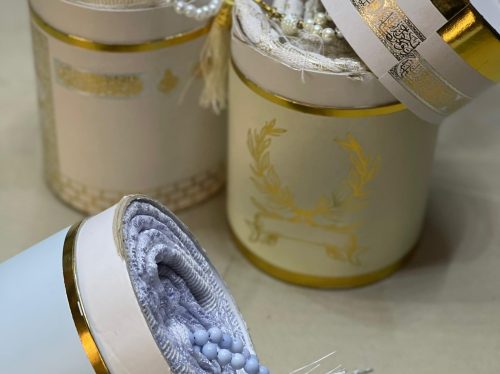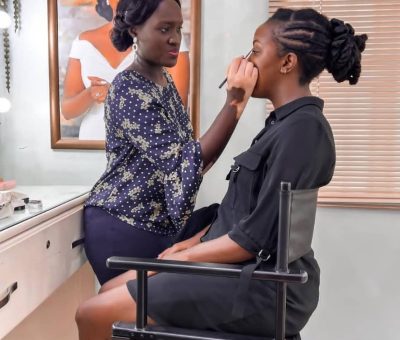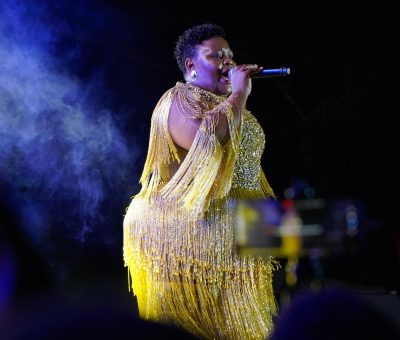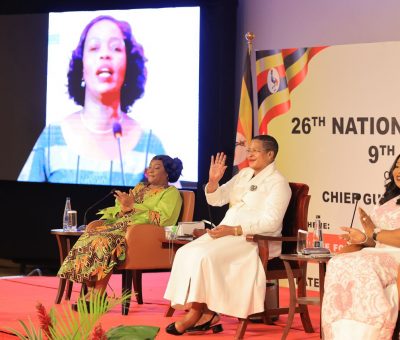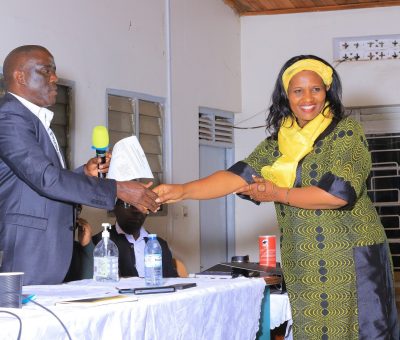Vaolah Amumpaire: The face behind Uganda’s first online hardware
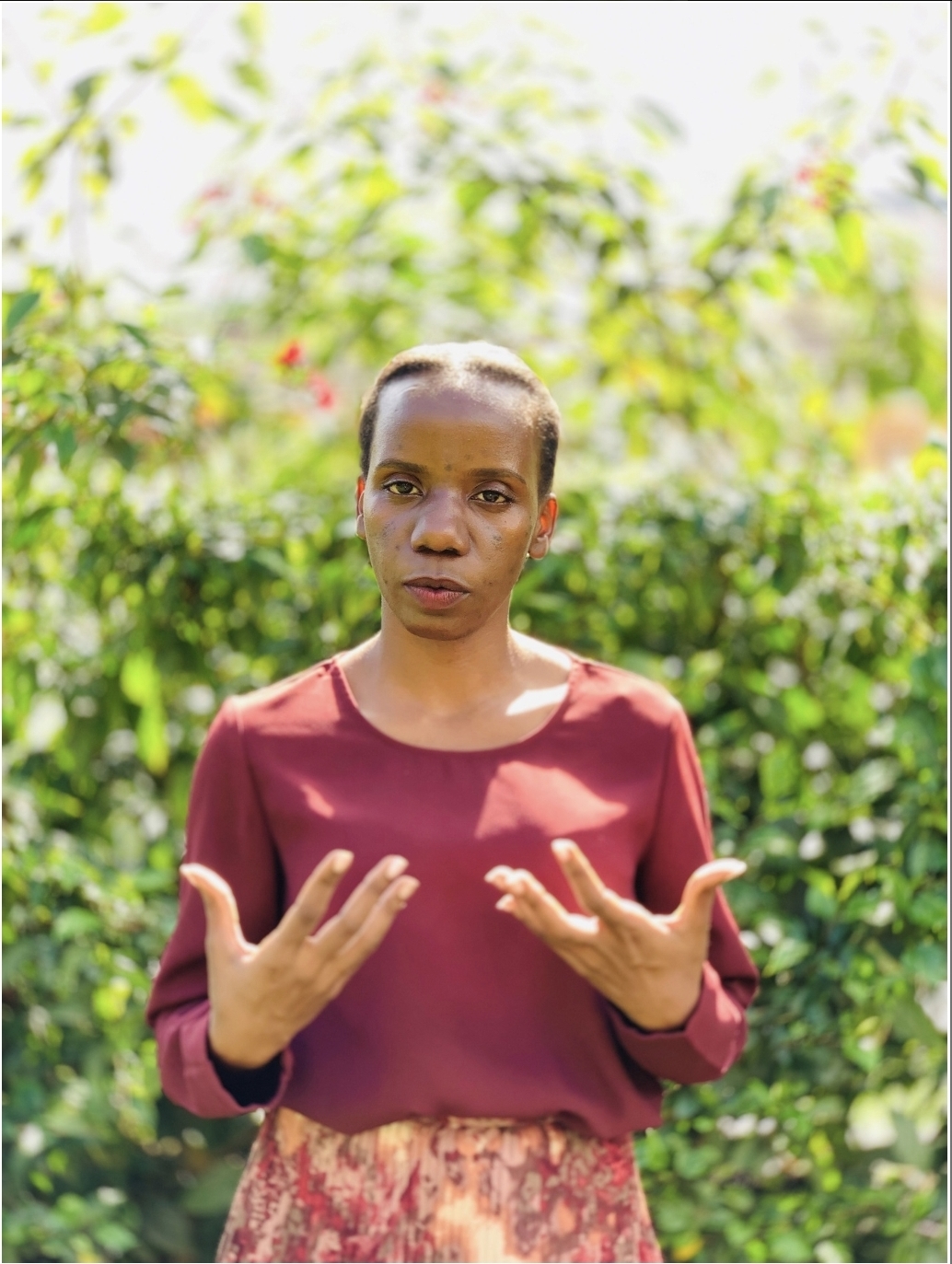
A study by the International Monetary Fund (IMF) shows that globally, of all fin-tech Chief Executive Officers (CEOs), 5.6% are women and less than 4% of women hold the title of chief innovation or technology officer.
Vaolah Amumpaire has challenged herself to change the narrative by building a thriving business as a CEO of a fin-tech business. Amumpaire is the founder of Wena hardware, Uganda’s first mobile hardware that offers all solutions across the construction chain. Below is a conversation with this award winning, budding entrepreneur:
What inspired you to delve into Construction –tech?
Wena is an inspiration of stories of Ugandans abroad that send money to families back home to help them buy construction materials, but the money is never utilised for the intended purpose. I started Wena to help bridge the gap so that people buy directly, and leave an address of where they want the items delivered.
What makes Wena unique?
Wena hardware is a construction mobile application. Whereas many others offer business solutions, this platform provides access to construction solutions to clients from their convenience online.
What has been your biggest achievement?
As a business, we have won numerous awards including the Afrolink award in Berlin, the NSSF Hi-innovator program and recently, women in fin-tech award organised by the Financial Technologies Service Providers Association (FITSPA).
What are your plans for the future?
We envision helping more women utilise technology to sell their skills and products. We are trying to get more women on board to equip them and immerse them in the benefits of technology.
How can female business leaders inspire other women?
Women leaders have to do things differently; things that add value. It is not as easy as it looks to run a business, and as a woman you have to learn so much to be able to overcome the challenges. For women to inspire more people they have to challenge themselves.
What has been your biggest challenge?
For me personally it has been finding the working knowledge to run my kind of business.
What are some of those unexpected challenges that deeply affect your kind of business?
COVID-19 affected how we operated as we had just started in Zambia and Kenya. But we took something good out of it and used it to build internal processes because we were working remotely across countries.
Have you had any kind of mentorship as a business founder?
I credit my journey to people like Sarah Birete who inspire me to challenge myself everyday but also my family.
Who is your biggest competitor?
I don’t know anyone in Uganda who is running a construction tech business, but for me that is not a depreciator. We don’t have that one block competitor because most companies offer general professionals.
How would you measure success in terms of users?
The percentage of usage of Ugandans home is 40% and 50% for the Ugandans in the diaspora. The rest of 10% have been one offs and those trying out the app.
What virtue got you here?
I think for me its attitude, you need to have the mind-set that you can do something. As a leader now I understand the power humility carries. Being able to identify that you have wronged your employee, and taking a step to apologise is crucial.
Who is your support system?
My family, you will be shocked to know that my mum is my board chair and it motivates me.
I come from a long line of accomplished women, although they are all in different areas of work, they are equally strong and I am challenged by them.
What would you tell the younger version of you?
Always have an open mind to learning and perceive it as a reward.





